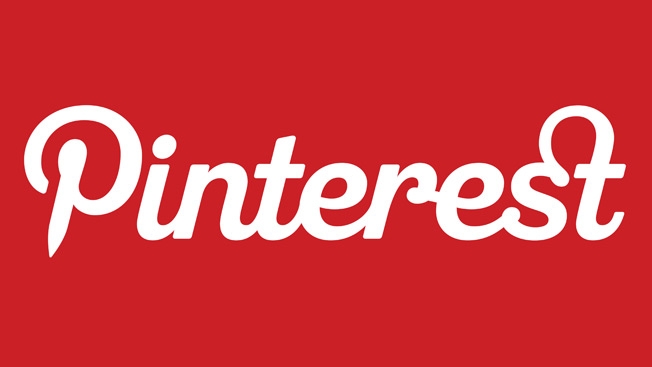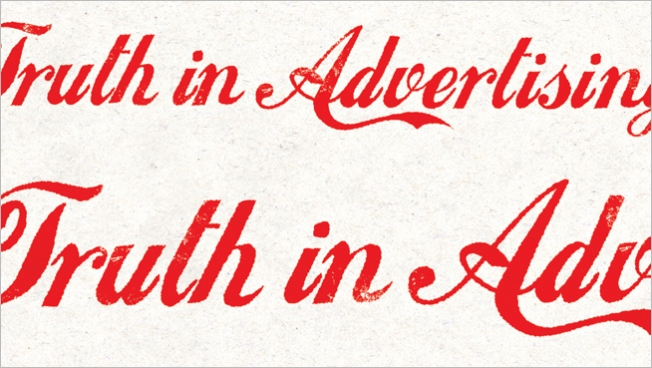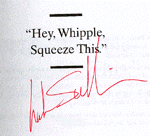Meet the Hero Designer Who Publicly Shamed Showtime for Asking Him to Work for Free
Posted in: Uncategorized
When Showtime invited Dan Cassaro to join a design “contest” he felt amounted to milking professionals for free work, he let the network—and the world—know how he felt about it.
The offer, made to a number of designers, involved promoting the Floyd Mayweather-Marcos Maidana boxing match on Sept. 13. Those who submitted designs for Showtime’s use “could be eligible for a chance to win a trip to Las Vegas and have your artwork displayed in the MGM Grand during fight week!,” the network told Cassaro in an email.
After sending an email response slathered in sarcasm (“I know that boxing matches in Las Vegas are extremely low-budget affairs”), Cassaro then posted the exchange to Twitter.
Here’s the screenshot of the conversation (click to expand):

In the week since, Cassaro’s tweet has become a viral rallying cry for creatives who feel besieged by expectations of free work. It has more than 5,000 retweets and 5,600 favorites, and has become one of the topic’s most electrifying moments since Mike Monteiro’s “Fuck You Pay Me” speech in 2011.
Showtime issued a response to BuzzFeed, saying the network is “a strong supporter of artists around the world. This contest, like many others, is entirely optional.”
We caught up with Cassaro to ask what it’s been like seeing his frustration go global.
AdFreak: Your tweet just keeps blowing up. A week later, it’s still being retweeted. What’s it been like watching it all unfold?
Dan Cassaro: It’s been pretty unreal. I would have double-checked my grammar if I knew this many people would see it.
Why did you go public with it? Clearly, you were frustrated. But after responding to Showtime, what made you say, “Screw it, I’m going to post this on Twitter”?
Partially I just wanted to do it as a joke. But I also wanted to let people know that while it’s good to say no to this kind of work, it’s even better to explain to everyone why this business model is unacceptable.
Why do you think it struck such a chord with designers and other creatives?
Because they all get these emails. And it’s not just designers. I received a ton of responses from writers, cartoonists, architects and people in other professions who get asked to work for free. I don’t know what it is. Maybe people think that if you went to art school you don’t understand money?

Were you concerned about calling out a brand like Showtime by posting the email? I’m guessing they won’t become a paying client anytime soon.
Who knows? Maybe they admire my pluck? Honestly, people valuing themselves and their work enough to say no to this kind of thing has more long-term value than any one job or one client.
Has Showtime responded directly to you?
They wrote me a short and very polite email. Honestly, it’s less about Showtime and more about these hack crowdsourcing campaigns that certain agencies are selling to them. There are lots of folks doing very cool things with user-generated content, but to ask professionals to compete against each other for potential “exposure” is completely different. It’s demeaning, and it lowers the value of everyone’s work.
Among your peers, clearly a vast majority of the response has been positive. Have any designers criticized you for how you handled it?
The response from designers has pretty much been all positive. Some guy on a boxing enthusiast forum called me a “slimy hipster,” though.
Do you think anything constructive will come out of this, for yourself or the industry?
I hope so. If nothing else, it’s good to get people talking about it.

![]()















 Way back in the year 2000
Way back in the year 2000